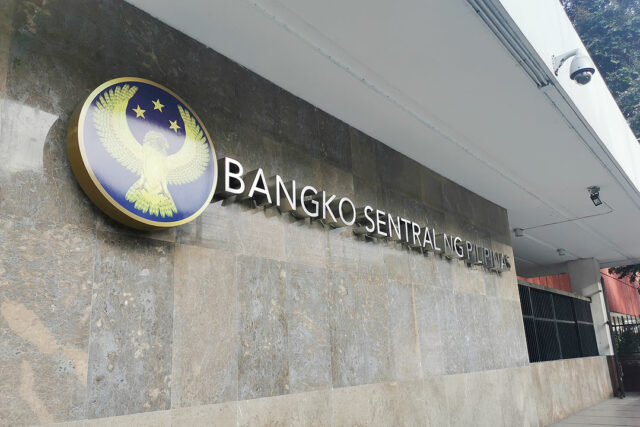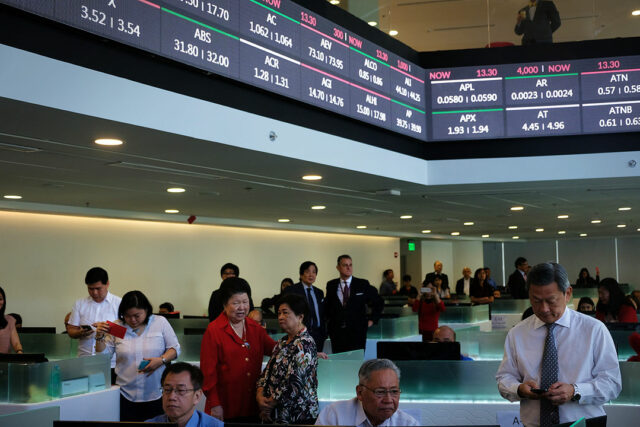By Kyle Aristophere T. Atienza, Reporter
INCLUDING France in the Philippines’ joint sail with the United States as part of the two treaty allies’ annual military drills next month could draw more international attention to China’s aggression at sea, political analysts said on Thursday.
The three-way sail is among the key activities in this year’s Balikatan (shoulder-to-shoulder) exercise, which will be held beyond the Philippines’ 12-nautical-mile territorial waters in the South China Sea for the first time since it started in 1991.
“Including France in this activity is a sign of the Marcos administration’s drive to expand and deepen its defense partnerships, and to draw more international attention to China’s incursions in the West Philippine Sea,” Raymond M. Powell, a fellow at Stanford University’s Gordian Knot Center for National Security Innovation, said in an X message.
Balikatan executive agent Michael Logico on Wednesday said a group sail is a combination of division tactics, search and rescue, and board and search and seizure exercises.
Group sails have been held in past Philippine-American war games, but only inside the 12-nautical mile territorial waters of the country, he told a news briefing.
“We will be utilizing the western side of Palawan, extending beyond our 12 nautical miles so this is also a new thing,” he said. “In previous exercises, we’ve been limited to just 12 nautical miles, now… we are venturing outwards.”
Mr. Powell said holding combined naval exercises outside a nation’s territorial sea is a normal military activity and should not be seen as provocative. “Even so, it deserves notice as a sign of Manila’s concern over the erosion of its maritime security and Beijing’s growing aggression.”
At least four ships from the Armed Forces of the Philippines and one from the French Navy are expected to join the sail, while the US has yet to say how many of its Navy ships will participate.
The Philippines and US have a visiting forces agreement, which is the basis of their military exercises.
The Southeast Asian nation and France have yet to finalize a similar deal, but Paris could join the sail since it will be held outside the territorial waters of the Philippines, Mr. Logico said.
Tensions between the Philippines and China have worsened, and a Chinese envoy earlier this year said their relations were at a crossroads.
A United Nations-backed arbitral tribunal in 2016 favored the Philippines in its case against China, as it ruled Beijing’s expansive claims in the South China Sea were illegal.
Chester B. Cabalza, founder of Manila-based International Development and Security Cooperation, called the upcoming sail among Manila, Washington and Paris a “collective deterrence from like-minded democratic countries upholding a rules-based order in the maritime domain.”
“It will send a united message on the need to uphold the principle of a free and open Indo-Pacific,” he said in a Facebook Messenger chat.
Mr. Cabalza said group sailing beyond a country’s 12-nautical mile exclusive economic zone is acceptable “in the spirit of freedom of navigation operation.” “This is not a violation of the UNCLOS (United Nations Convention on the Law of the Sea) as the Constitution of the seas.”
“It’s not wrong to sail in international waters,” Raymond M. Palatino, secretary-general of Bagong Alyansang Makabayan, said in a Facebook Messenger chat. “It’s not wrong to assert our claim to our maritime borders, but we do not want to be aligned with war-obsessed and genocide-enabling governments like the US and France.”
Joshua Bernard B. Espeña, who teaches international relations at the Polytechnic University of the Philippines, expects more bullying from China in the South China Sea because of these security deals.
During his visit to Manila on Tuesday, US Secretary of State Antony Blinken said Washington’s commitment to the 1951 Mutual Defense Treaty with the Philippines was “ironclad,” noting that it was updated last year to cover armed attacks on the Philippine armed forces, public vessels and aircraft anywhere in the South China Sea.
“While guarantees for the worst-case scenario are there, it is delightful to see that there are also promises on the economic front,” Mr. Espeña said. “I expect the Philippines to be in a good spot for the US’ Indo-Pacific Economic Framework for Prosperity, made robust with needed infrastructure in the digital and maritime economy.”
A trade mission from the US led by Commerce Secretary Gina Raimondo last week unveiled a plan to invest more than $1 billion in the Philippine technology sector.
Chinese President Xi Jinping earlier this month called on his country’s armed forces to coordinate preparations for military conflicts at sea and help in the development of China’s maritime economy.












